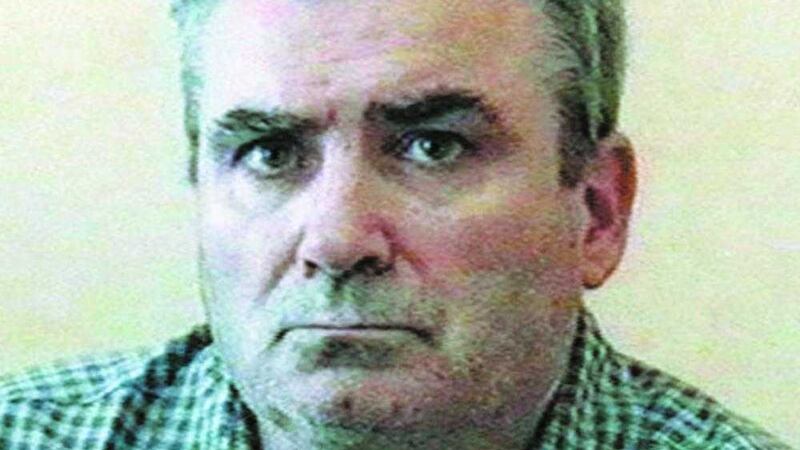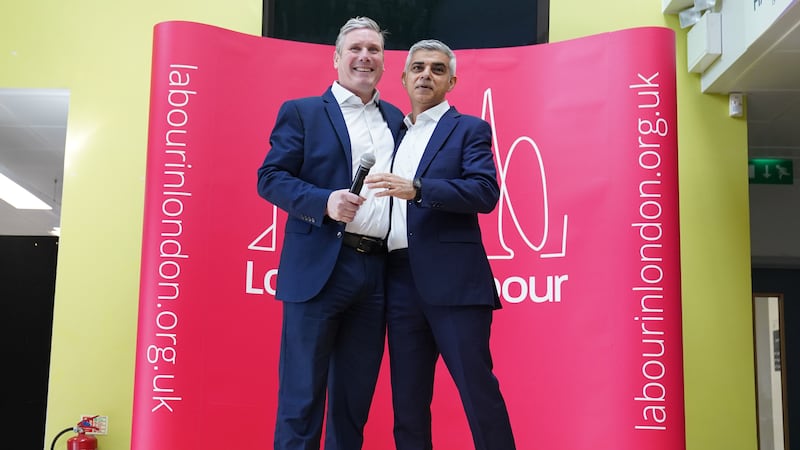A LANDMARK legal bid for secrecy around part of a High Court action against the alleged one-time top British agent inside the IRA is to be heard early next year, a judge confirmed yesterday.
Police and the Ministry of Defence are seeking closed material procedures for the first time in a lawsuit involving west Belfast man Freddie Scappaticci.
The case is among eight actions where applications aimed at protecting national security are being planned.
Attempts to secure CMPs are being advanced by the PSNI and MoD under powers contained in the Justice and Security Act 2013.
The so-called secret courts would involve intelligence documents being assessed only by a judge and special advocates there to protect the interests of plaintiffs shut out from the hearings.
But some lawyers have claimed it is a draconian step.
One of the cases involves an action by Margaret Keeley against the Chief Constable, MoD and Scappaticci, the 68-year-old who denies allegations that he was the military spy inside the Provisionals codenamed Stakeknife.
The Newry woman's former husband is Peter Keeley, an ex-MI5 agent who also uses the pseudonym Kevin Fulton.
She alleges she was wrongfully arrested and falsely imprisoned during a three-day period at Castlereagh police station in 1994 following an IRA attempt to murder a senior detective in east Belfast.
She believes her detention was part of an elaborate sham to protect her husband's cover.
Mrs Keeley was released without charge, but claims to have then been taken with Fulton to a flat in north Belfast and interrogated by an IRA security team which included Scappaticci.
At the High Court in Belfast yesterday barrister Danny Friedman QC told Mr Justice Stephens it was allegedly "a theatrical arrest, a ruse to cover for Mr Keeley's status".
The judge confirmed he will hear arguments first in open court, then in private session, in February.




